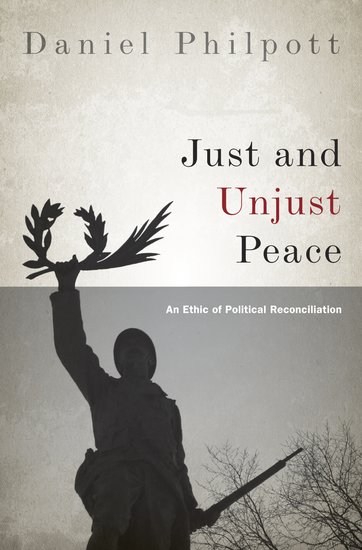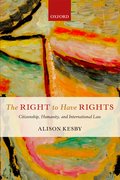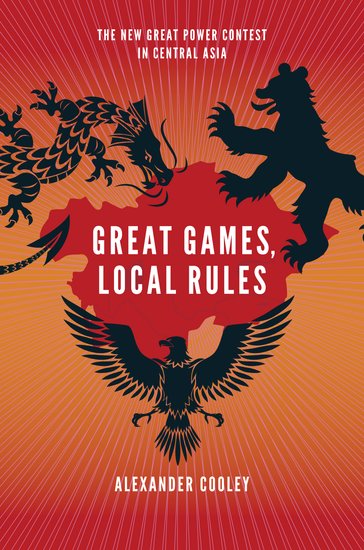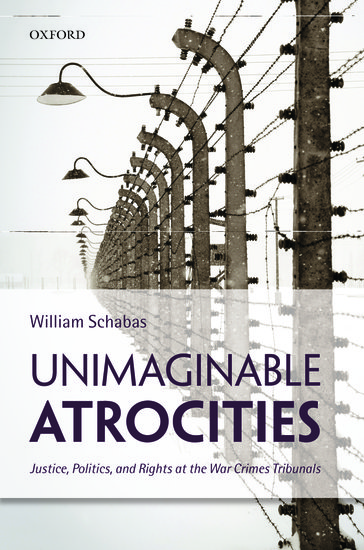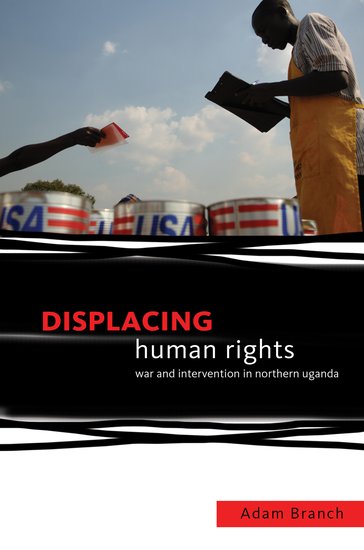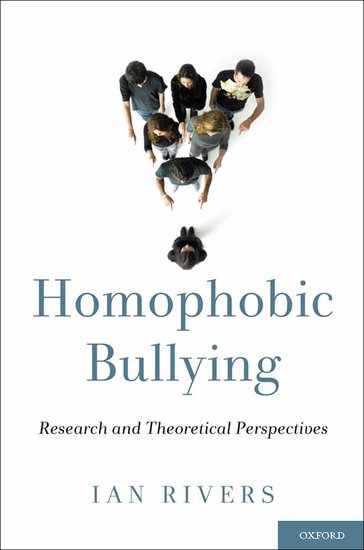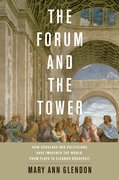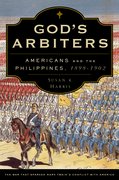The sleeping giant wakes
By David Armstrong
Napoleon’s famous remark about China — “There lies a sleeping giant. Let him sleep! For when he wakes he will move the world” — has achieved a new lease of life in the context of China’s remarkable growth since the death of Mao in 1976. Since then, China has registered a real GDP growth of more than twenty times, it has some $2 trillion in foreign reserves, a million Chinese emigrants now work in Africa on behalf of Chinese economic interests there, China’s military power (land, sea, and air) is growing at around 12% annually, and its non-financial overseas direct investment is currently in excess of $330 billion, to mention just a few of the statistics that usually appear on this topic.


